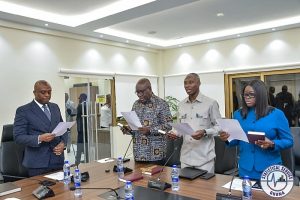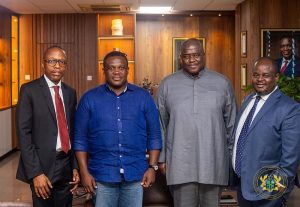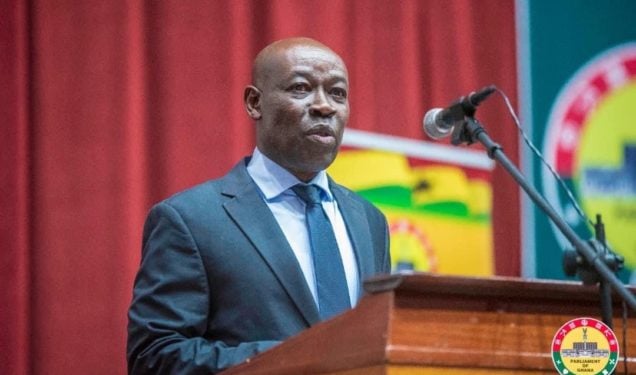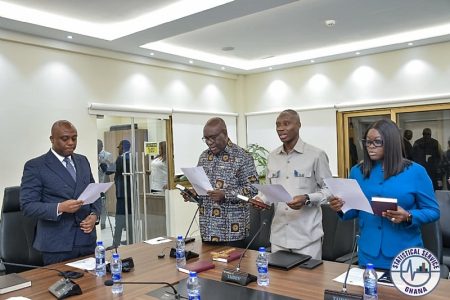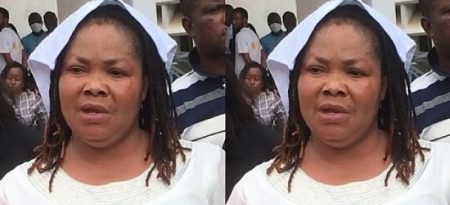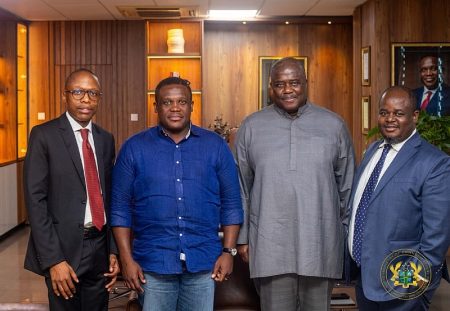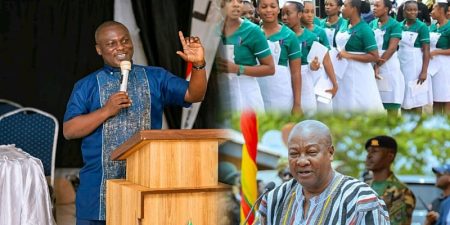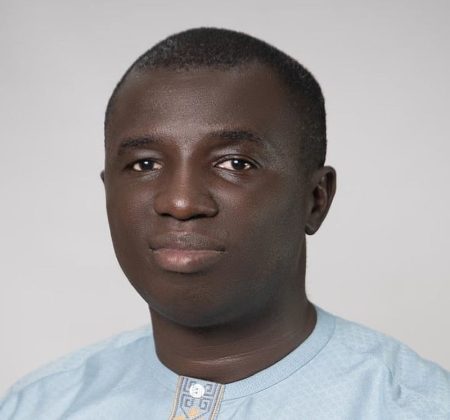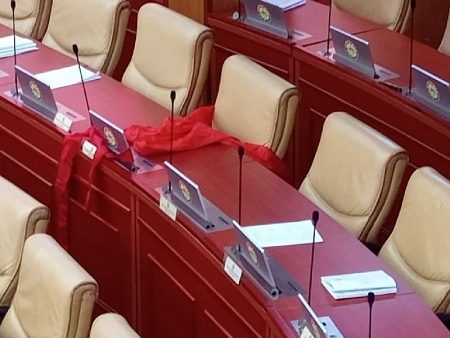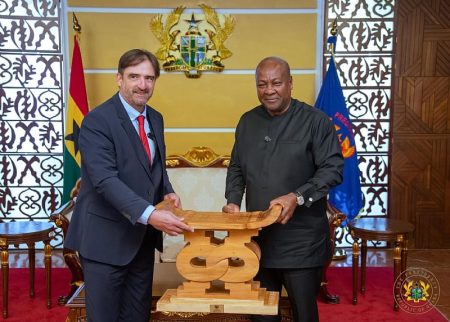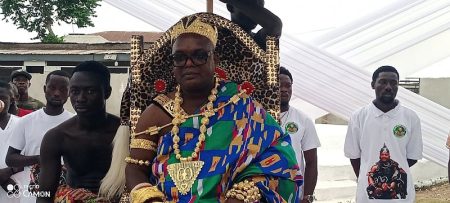The suspension and impeachment proceedings against Chief Justice Gertrude Sackey Torkornoo have ignited a fierce debate in Ghana, centering on the constitutionality of the process and the Chief Justice’s right to challenge it. Legal expert Thaddeus Sory contends that Justice Torkornoo lacks the legal standing to question the proceedings, citing a strict interpretation of Article 146 of the 1992 Constitution. This article outlines the procedure for removing a Chief Justice, granting authority to a committee appointed by the President, acting on the advice of the Council of State. Sory’s argument rests on the premise that this constitutional provision does not afford the subject of the proceedings any legal recourse to challenge the process itself.
Justice Torkornoo, however, vehemently disagrees. She has publicly criticized the secrecy surrounding the proceedings, arguing that the charges against her do not justify a closed-door process. She maintains that the lack of transparency undermines the principles of justice and due process. Her stance reflects a broader concern about potential flaws within Ghana’s justice system, which she feels compelled to address as a seasoned legal professional and the nation’s Chief Justice. She insists her fight is not about clinging to power but about upholding the rule of law and ensuring transparency in judicial processes.
The clash between these two perspectives highlights a fundamental disagreement on the interpretation of Article 146. Sory’s view emphasizes the President’s prerogative and the committee’s authority, limiting the Chief Justice’s role to responding to the charges. This interpretation prioritizes the efficiency and finality of the impeachment process. Conversely, Justice Torkornoo’s position emphasizes the importance of transparency and due process, arguing that even within impeachment proceedings, fundamental rights and principles of justice must be observed. This interpretation prioritizes fairness and accountability, even for those facing removal from office.
This legal and constitutional standoff has far-reaching implications for Ghana’s judicial system. The outcome of this case will set a precedent for future impeachment proceedings, potentially shaping the relationship between the executive, the judiciary, and constitutional processes. If Sory’s interpretation prevails, it could reinforce executive power in judicial appointments and removals, potentially limiting the judiciary’s independence. If Justice Torkornoo’s arguments gain traction, it could strengthen judicial accountability and transparency, potentially leading to greater public trust in the justice system.
The public discourse surrounding this case has also raised questions about the balance between national security concerns and the right to a public trial. While the government has not explicitly stated the reasons for the closed-door proceedings, the implication is that they involve sensitive information. Justice Torkornoo’s insistence on public hearings challenges this premise, arguing that transparency is essential for ensuring public trust and accountability. This tension between security and transparency is a recurring theme in legal and political debates worldwide, highlighting the difficulty of balancing competing interests.
Ultimately, the resolution of this case will have a profound impact on Ghana’s legal landscape. It will clarify the scope of Article 146, define the rights of individuals facing impeachment proceedings, and potentially reshape the balance of power between branches of government. Furthermore, the outcome will send a powerful message about Ghana’s commitment to transparency, accountability, and the rule of law, influencing public perception of the justice system and the government’s commitment to democratic principles. The case of Chief Justice Torkornoo is not merely a legal dispute; it is a defining moment for Ghana’s constitutional democracy.


